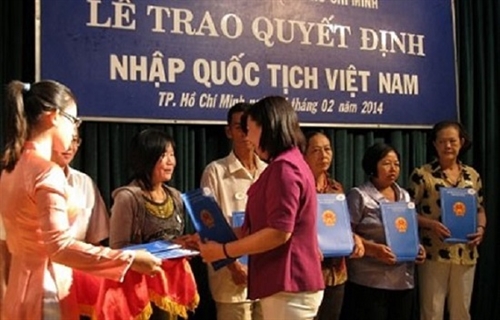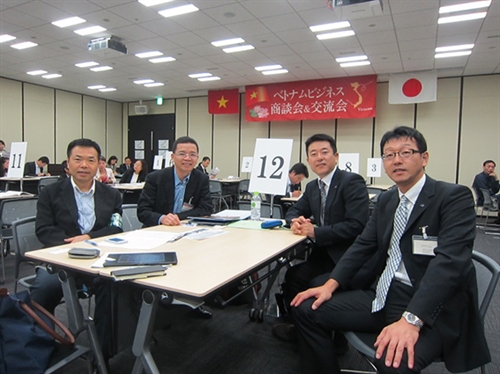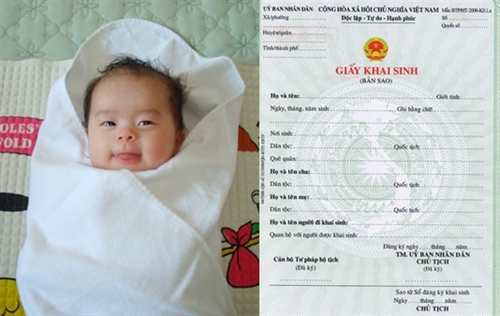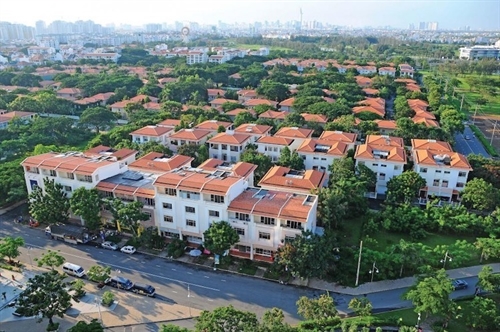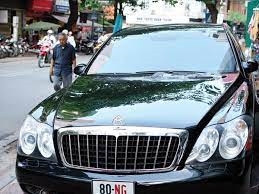I used to hold Vietnamese citizenship but have been naturalized in the United States of America while my wife is still a Vietnamese citizen. During our marriage, my wife and I have purchased a separate house in Vietnam. We are now applying for a bank loan and wish to use such house as collateral for the loan. But as we know, the ownership by overseas Vietnamese, like foreigners, over separate houses not built under licensed housing projects is not yet recognized by Vietnam’s law. So, in case we may mortgage our house, am I qualified to undersign the mortgage contract together with my wife and do we need to make a written agreement on division of common property?
Firstly, let’s look at the 2008 Law on Vietnamese Citizenship. Article 3 of the Law stipulates:
“1. Foreign citizenship is the citizenship of a country other than the Vietnamese citizenship.
2. Stateless person is a person who has neither Vietnamese citizenship nor foreign citizenship.
3. Overseas Vietnamese are Vietnamese citizens and persons of Vietnamese origin who permanently reside in foreign countries.
4. Persons of Vietnamese origin residing abroad are Vietnamese people who used to have Vietnamese citizenship which had been determined at the time of their birth on the consanguinity principle and their offspring and grandchildren are permanently residing in foreign countries.”
By these provisions, you are a person of Vietnamese origin who used to have Vietnamese citizenship and as you have been naturalized in the United States of America, you will be treated as an overseas Vietnamese.
Secondly, under Articles 7 and 8 of the 2014 Housing Law, you, as an overseas Vietnamese, are eligible for owning a house in Vietnam and may have your house ownership recognized if fully satisfying the following conditions:
- Being permitted to enter Vietnam; and,
- Owning a lawful house in the country.
It is also confirmed in Artile 186.1 of the 2013 Land Law that: “Overseas Vietnamese who are eligible for owning houses as provided by the housing law may own houses associated with residential land use rights in Vietnam.”
As per the above provisions, if you are permitted to enter Vietnam and the separate house currently under your ownership is a lawful house, you will have your house ownership associated with residential land use rights, recognized.
Thirdly, under Article 186.2 of the 2013 Land Law, as you are an overseas Vietnamese eligible for owning a house associated with residential land use rights in Vietnam, you may mortgage such house associated with residential land use rights at a credit institution licensed to operate in Vietnam
However, upon entering into a house mortgage transaction, you must satisfy the following conditions which are specified in Article 119.1 of the 2014 Housing Law:
- Being the house owner or a person permitted or authorized by the house owner to enter into a house transaction in accordance with the Housing Law and the civil law, or being the purchaser of the house from the housing project owner or the house purchase and sale contract transferee in case of transfer of a commercial house purchase and sale contract; and,
- Having the full civil act capacity to conduct the transaction in accordance with the civil law.
“1. Common property of husband and wife includes property created by a spouse, incomes generated from labor, production or business activities, yields and profits earned from separate property, and other lawful incomes during the marriage period, except the case specified in Article 40.1 of this Law; property jointly inherited by or given to both, and other property agreed upon by husband and wife as common property.
Land use rights obtained by a spouse after marriage are common property of husband and wife, unless they are separately inherited by, or given to a spouse or are obtained through transactions made with separate property.”
So, under the above provisions, the separate house that you and your wife purchase during your marriage period is your common property. In case your ownership over the house is recognized by law and you satisfy the conditions for entering into the house mortgage transaction, when carrying out procedures for mortgaging the house to borrow a bank loan, you and your wife may jointly sign the mortgage contract without having to make a written agreement on division of common property during the marriage period.-
